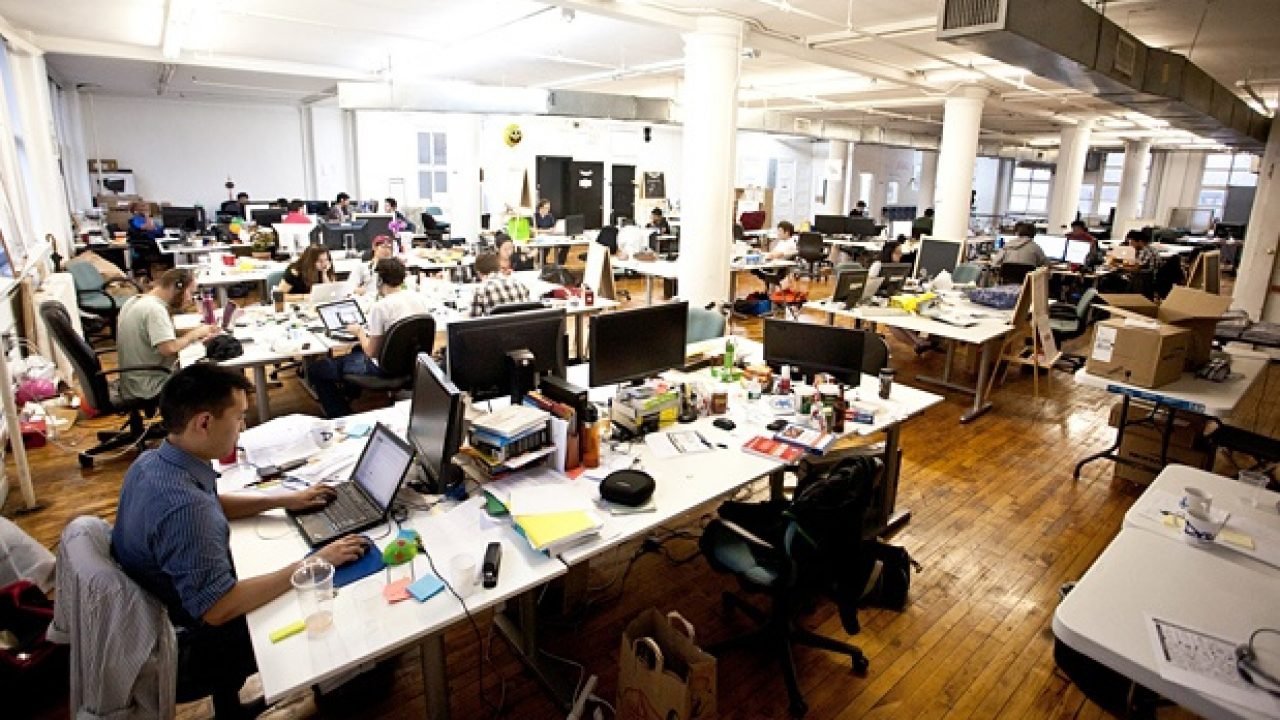I cannot speak for all incubators or accelerators, but I can talk to the two that I have been apart of thus far in my startup journey. From my experience of working out of a co-working/incubator space, the single point of failure is consumerism. Yes, you read that correctly, but maybe not in the way you think.
I cannot speak for all incubators or accelerators, but I can talk to the two that I have been apart of thus far in my startup journey. From my experience of working out of a co-working/incubator space, the single point of failure is consumerism. Yes, you read that correctly, but maybe not in the way you think.
Consumerism is a social and economic order that encourages the acquisition of goods and services in ever-increasing amounts. It is the bane of America’s existence, to want more and more and more of something without ever asking why.
Incubators have a lot of good going for them, but they suffer from the idea of consumerism in bringing external resources to internal startups. They have a sense of piling the frosting, icing, and sprinkles on the startup, without ever asking or acknowledging the flavor of the cake. I have seen this take place where I work out of, they talk about community and building a strong community, but take little action actually to cultivate any sense of community. It’s one thing to say there is a community of people working on a shared vision of something, and it is another thing to say it is a supported community of interconnected people and services.
The people-driven community concept is not new. The best way to explain this is in the context of a Kibbutz. A Kibbutz is a community type in Israel where collectively every person has a job – whether it be in the field or elsewhere – in the kitchen, in the kindergarten or in the children’s house – and contributes to the greater good of the community. People are placed in positions that match their skillsets, experiences, and desires. The health and wellbeing of the Kibbutz are 100% dependent on the people that make up the community.
I think the single point of failure for incubators is this notion. Incubators should take inventory of the people, skill sets, experiences of those who exist within the current community, and not look to bring other advisors, mentors, or even speakers in from the outside so quickly. The lessons learned from the people in the community may even be more tangible than those of corporate advisors who have never started a company.
For example, before I moved fulltime to my startup, I was a cybersecurity consultant that means that I have a good depth and breadth of knowledge in cybersecurity. If someone in the incubator knew that I had this skill set, then they could use me and my experiences to learn from. Yet no one from the incubator staff has ever asked the question or scratched the surface of my background before starting the startup.
I see this as a significant flaw. It isn’t anything that I can fix on my own as I have a company to run, but it is something that I will carry with me as to when I create an incubator of my own accord, I will ensure that it looks, feels, and acts as a community.
A few ideas of what this may look like are:
- Lunch and learns from other startup founders –
- Stop bringing people from the outside to speak about their experiences. Activate the people in the community. Have various founders pick a topic they are passionate about. The topic could be a lesson they learned the hard way or a market pivot they are exploring. Reserve a conference room, buy everyone lunch or have each person bring their lunch, and just talk through the topic.
- Shared best practices database –
- There should be some centralized place for best practices for startups. There are certain milestones or tasks that every startup has, such as due diligence with investors or hiring your first employee. These documents, processes, systems should be documented and available as a shared resource for the community. It doesn’t make any sense to invent the wheel each time.
- Skillset Sharing –
- During onboarding, each person should identify one skill or service they can offer to the community. This should be documented and shared on an intranet or some public place for the members of the community. The skill/service could be: I can fly planes or I can make websites. Everyone has skills and things they can offer, and other people always need help, it is just a matter of actively documenting and sharing with the community.
- Know the member startups –
- Slack alone isn’t enough to create a community. I wish there were a way to know who all the companies were and what they were working on. I am not looking for a five or 10-minute pitch for each, instead booklet of all the companies with high-level information. Then I could get to know people better.
- Happy hour shouldn’t be your first interaction
- Happy hour should be the culmination of the week and not the first time you meet the person sitting next to you. Other structured times throughout the week for forced interaction should be a priority.
